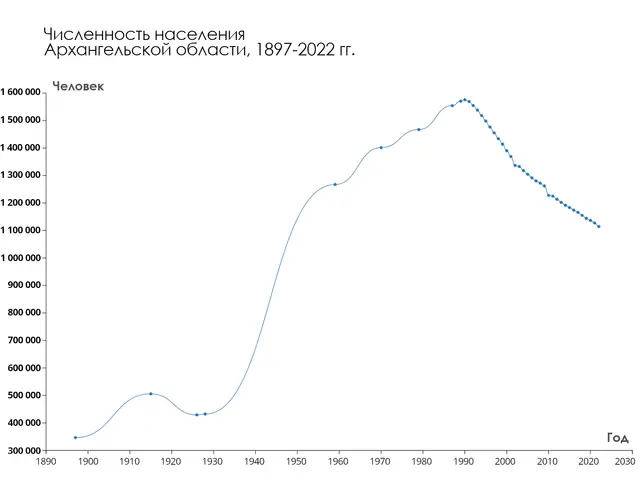Escalating Teacher Shortage - Education Groups intensify pressure on Education Sector
Bremen Schools Face Persistent Learning Difficulties, Particularly in Disadvantaged Neighborhoods
Educators in Bremen have been voicing concerns about an increasing number of students arriving at school with learning difficulties, notably language problems. This issue is particularly apparent in socio-economically disadvantaged communities. The recent round-table initiative led by Education Senator Sascha Aulepp (SPD) has fallen short of expectations, sparking criticism.
Deemed a "double decision-free fiasco," the round table was organized last December at the request of the Bremen School Leadership Association and 13 other initiators, but many key stakeholders, including Finance Senator Björn Fecker (Alliance 90/The Greens) and Mayor Andreas Bovenschulte (SPD), were not included. The second meeting in March also failed to produce results, leading to a counter-event organized by 17 education associations, unions, and organizations.
The focus of the counter-event was to discuss the impact of students' social backgrounds on their academic careers and the implications for Bremen, which has the highest poverty rate in Germany. Participants seek evidence-based solutions, a value-neutral dialogue process, and constructive engagement with parents' concerns, without causing uncertainty among teachers, parents, and especially students. However, they also aim for timely decisions on actionable measures.
Achim Kaschub, chairman of the School Leadership Association, called the internal round table a "sham," stating that it creates distraction without making any decisions. The persistent issues in Bremen's schools, which have been widely discussed for years, have led some to question whether Bremen operates on a two-speed state system. The Chamber of Commerce and Industry Bremen - IHK has expressed similar concerns.
In an effort to address these challenges, educational initiatives in Bremen, such as the BBDC-Basic Track and the I_PaCE project, emphasize technology integration, interdisciplinary collaboration, and community involvement. Implementing targeted language support programs and collaborative learning models could also help address specific difficulties faced by students in disadvantaged neighborhoods. However, these recommendations are based on broader educational trends in the region rather than specific initiatives in Bremen schools addressing these challenges directly.
- The education-and-self-development concerns in Bremen schools, especially those in disadvantaged neighborhoods, extend to the policy-and-legislation realm, as evidenced by the criticism of the round-table initiative led by Education Senator Sascha Aulepp (SPD).
- In an attempt to establish evidence-based solutions, various education associations, unions, and organizations have organized a counter-event emphasizing the learning impact of students' social backgrounds in Bremen, known to have the highest poverty rate in Germany.
- Besides technology integration and interdisciplinary collaboration, specific policy measures like targeted language support programs and collaborative learning models could be implemented within Bremen's schools, as part of the learning initiatives such as BBDC-Basic Track and the I_PaCE project, in order to address the persistent learning difficulties facing students in disadvantaged neighborhoods.






